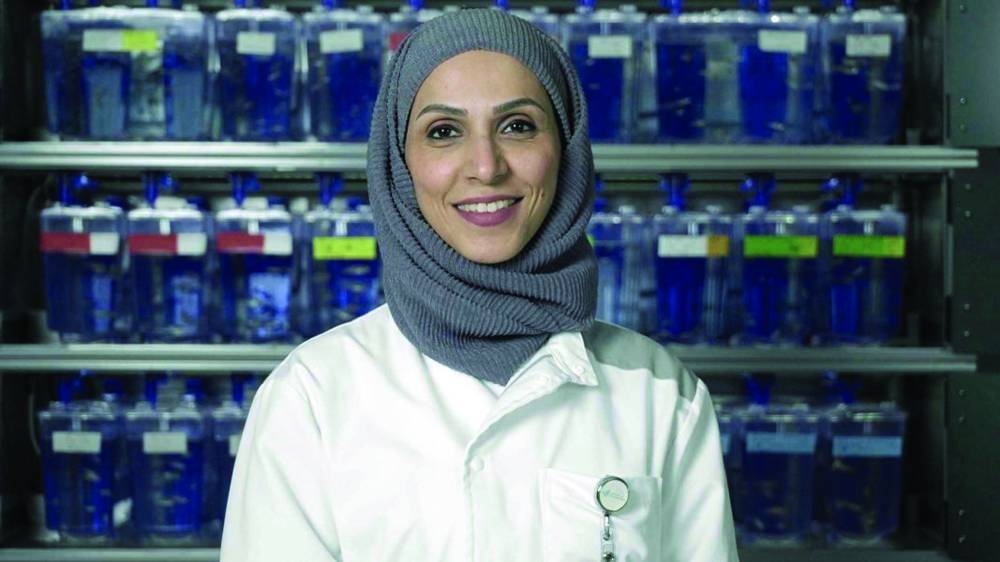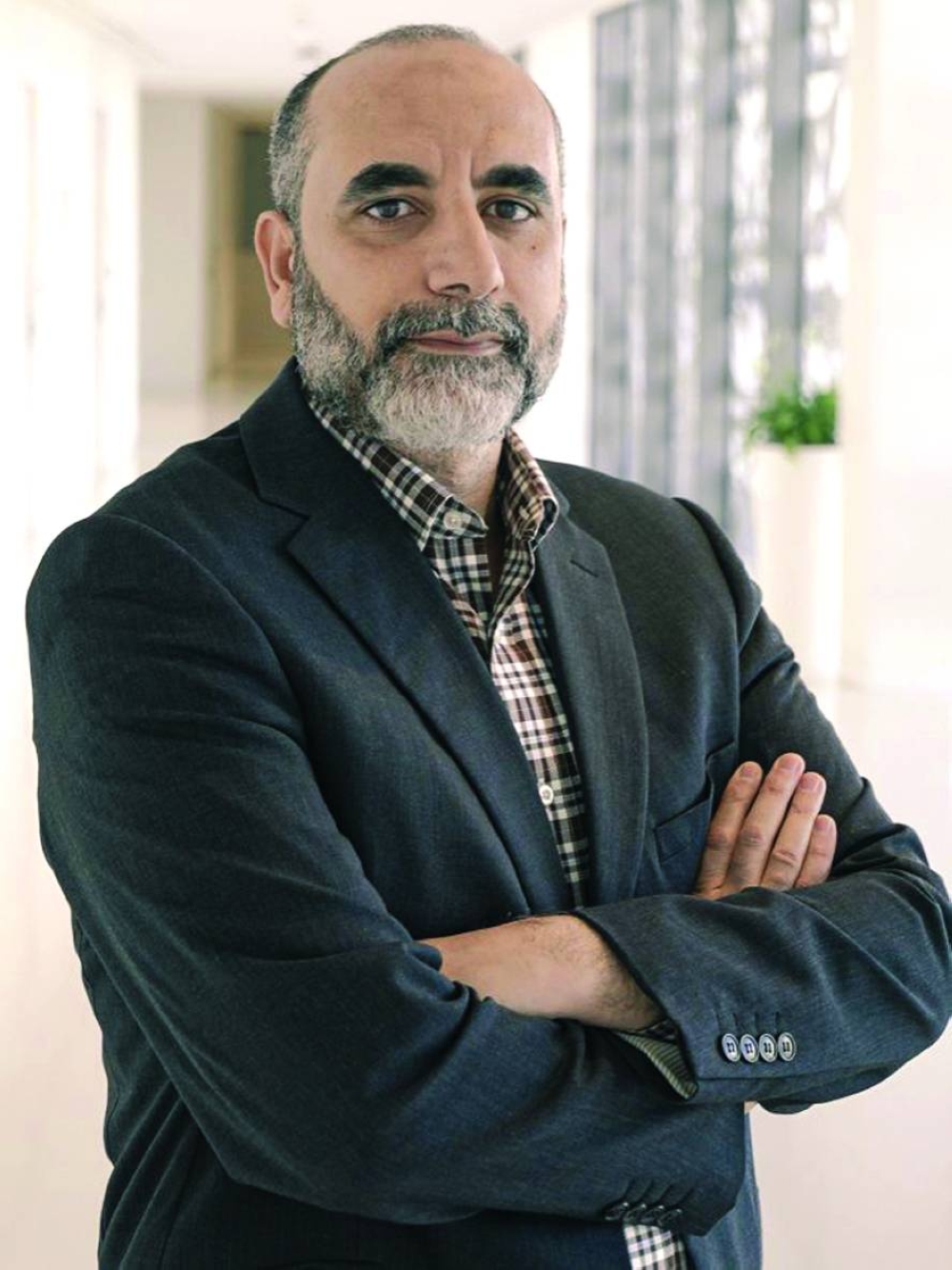With the emergence of precision medicine and genetic testing, it is now not only possible to identify hereditary diseases that a child may be born with but also take early intervention measures to prevent them.
According to an article on the Qatar Foundation (QF) website, Dr Sahar Da’as, laboratory manager of the Zebrafish Facility at Sidra Medicine, says if one or both parents carry a genetic mutation that increases the likelihood of their child inheriting a hereditary disease, early intervention and planning can be done by screening that particular gene in the embryos’ DNA to prevent its inheritance or alleviate the resulting symptoms at early stages.
Pre-marital medical tests, mandatory in Qatar, include performing genetic testing for potential spouses to detect potential genetic mutations that may affect their offspring.
“In case of unfavourable results from these tests, couples are advised to undergo in vitro fertilisation in the laboratory and early screenings to prevent the development of any genetic mutations in the future child. Qatar provides pregnant women with several tests in the early stages of pregnancy, such as blood tests in the first stage, foetal examination through ultrasound imaging, and testing the amniotic fluid. These tests can be in the form of regular blood tests or genetic tests” explained, Dr Da’as.
As for available methods for early intervention to correct genetic mutations, Dr Da’as noted that it can be done in two ways: “The first is in utero, either through surgical intervention to treat congenital deformities affecting the heart or spine, or through gene therapy to reverse any genetic mutations carried by the foetus. The latter is still in experimental stages”.
The other method, according to Dr Da’as is, “genetic intervention outside the womb using two types of cells, either cells from the patient's own body to treat conditions such as muscular dystrophy or cystic fibrosis, where genetic modification is done to the patient's cells and then returned to the body, or through intervention with stem cells transplantation where genetic modification is done for patient cells in cases of genetic blood disorders such as sickle cell anemia or immune diseases affecting humans”.
When talking about genetic modification, ethical aspects and boundaries cannot be ignored. While some view genetic testing as a means to reduce the spread of hereditary diseases and improve the health of future generations, others believe that this approach may lead to ethical challenges such as genetic discrimination or pressuring individuals to make decisions that may not align with their personal values.
Dr Mohammed Ghaly, professor of Islam and Biomedical Ethics at QF’s Hamad Bin Khalifa University, Research Centre for Islamic Legislation and Ethics, notes that religious scholars encourage genetic testing in the pre-marital stage, so individuals are aware of potential health conditions their children may have and can make an informed decision.
He added: “Genetic modification is ethically acceptable when employed as an efficient and safe medical tool to address severe diseases, aiming to improve an individual's health condition, mitigate excessive suffering, and elevate overall quality of life. The guiding principle underscores the necessity for these modifications to align with individuals' values while maintaining a delicate equilibrium between scientific progress and ethical considerations. Thus, using this technology for non-medical purposes, such as enhancements or cosmetic modifications (e.g., changing hair or eye colour), is ethically unacceptable.”

Dr Sahar Da’as

Dr Mohammed Ghaly
